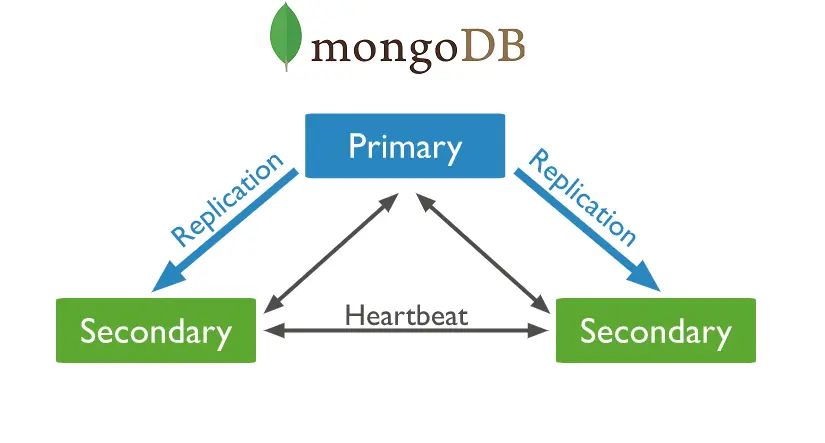Linux 安装最新 FFmpeg 和 FFprobe
大多数 Linux 发行版的软件源中的 FFmpeg 版本都比较老旧,本文介绍如何在 Linux 系统上安装新版或任意版本的 FFmpeg 和 FFprobe.
部署跨多数据中心分布的 MongoDB 副本集

最近把自己的一个小项目迁移了服务器, 结果发现接口响应速度慢了很多, 排查了不少时间后突然想起来是因为新服务器和 MongoDB Atlas 不在同一个地区, 光是二者之间的网络延迟就很高.
而 MongoDB Atlas 提供的免费实例要备份数据和迁移比较麻烦, 又因为 MongoDB 单实例不支持事务, 所以决定干脆自建一个 MongoDB 副本集 😎.